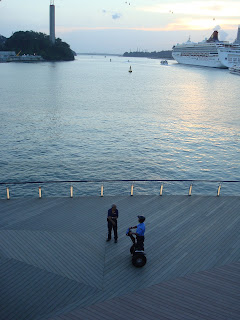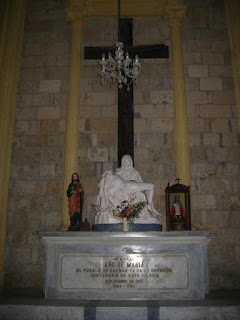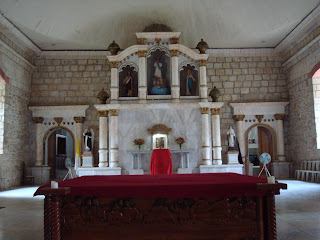the danger when things or persons become common: 15th week tuesday 2012 II

Let us talk about the subject I teach in the seminary for more than ten years now, the philosophy of beauty, or philosophical aesthetics. What makes a thing beautiful, is it in the thing itself or is it in the way I see things? Each philosopher has his or her own view why things are pleasing to a person while others are not. In studying beauty St. Thomas Aquinas, the great catholic philosopher is a consolation for many of us. He is a consolation because he said that all beings, all creatures, all men and women are beautiful in themselves. Each of us is beautiful, he said, for each of us is created according to our nature and form. However, St. Thomas said, the problem comes in when a thing or person is seen in relation to another. In itself you are beautiful but in relation to me, a thing or person can be ugly. Kon ikaw lang, you are beautiful - kon ikaw lang. Pero kon may iban nga nagalantaw, ti magadepende na ina sa ila. Yo...














